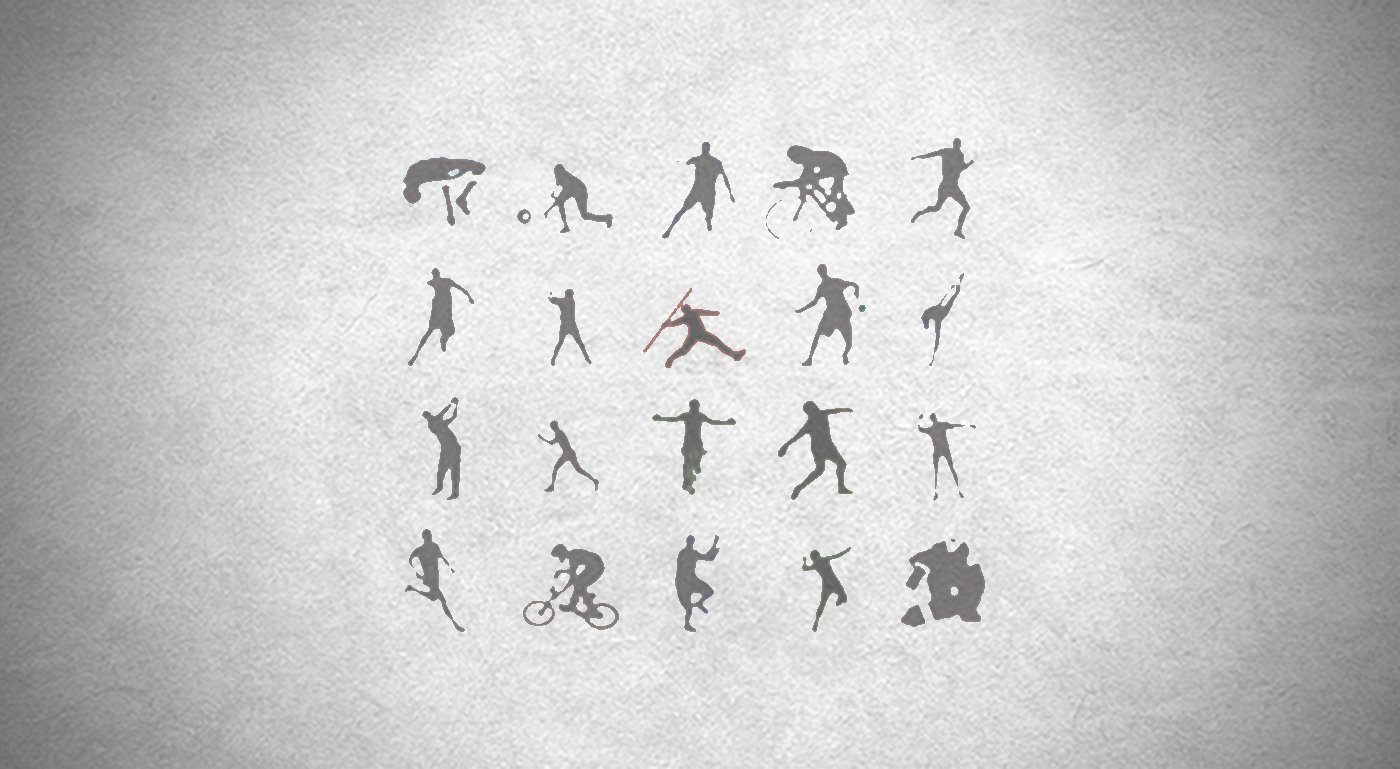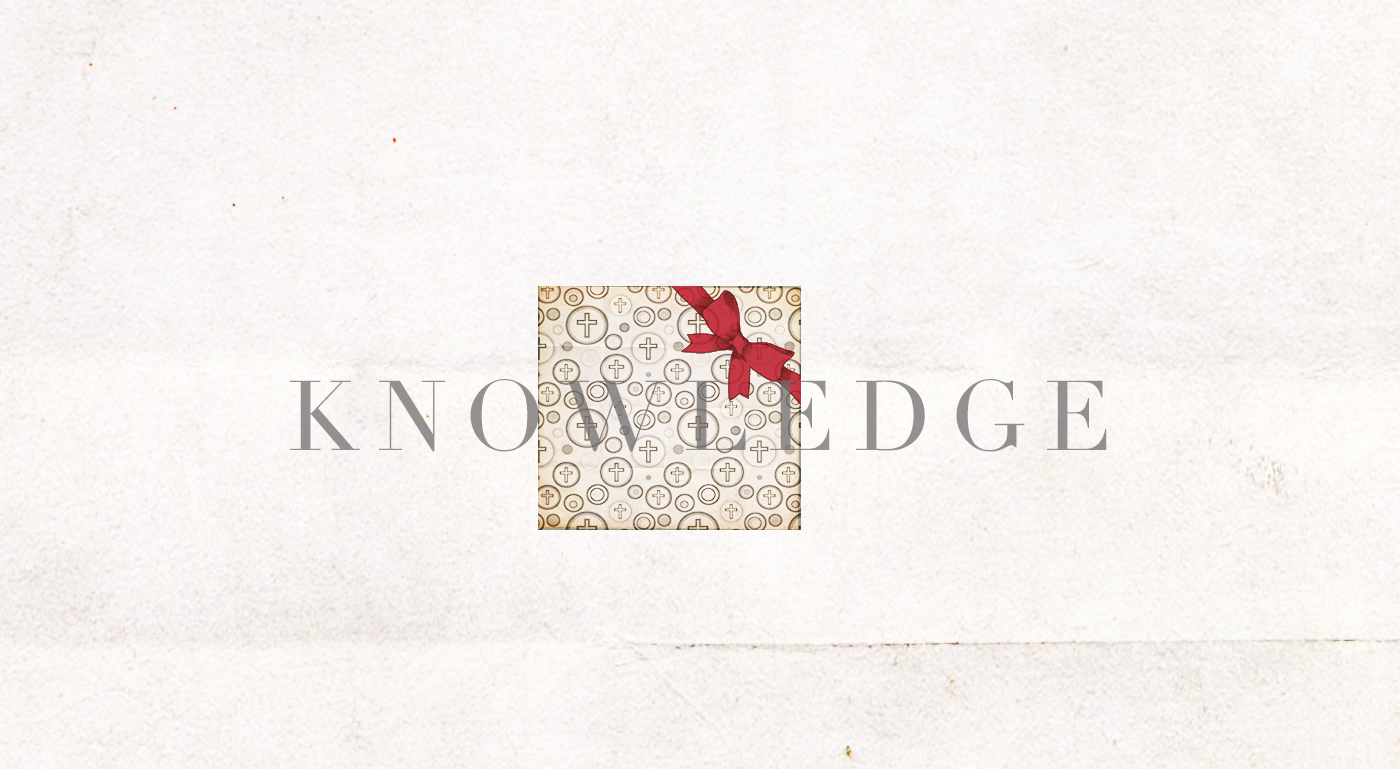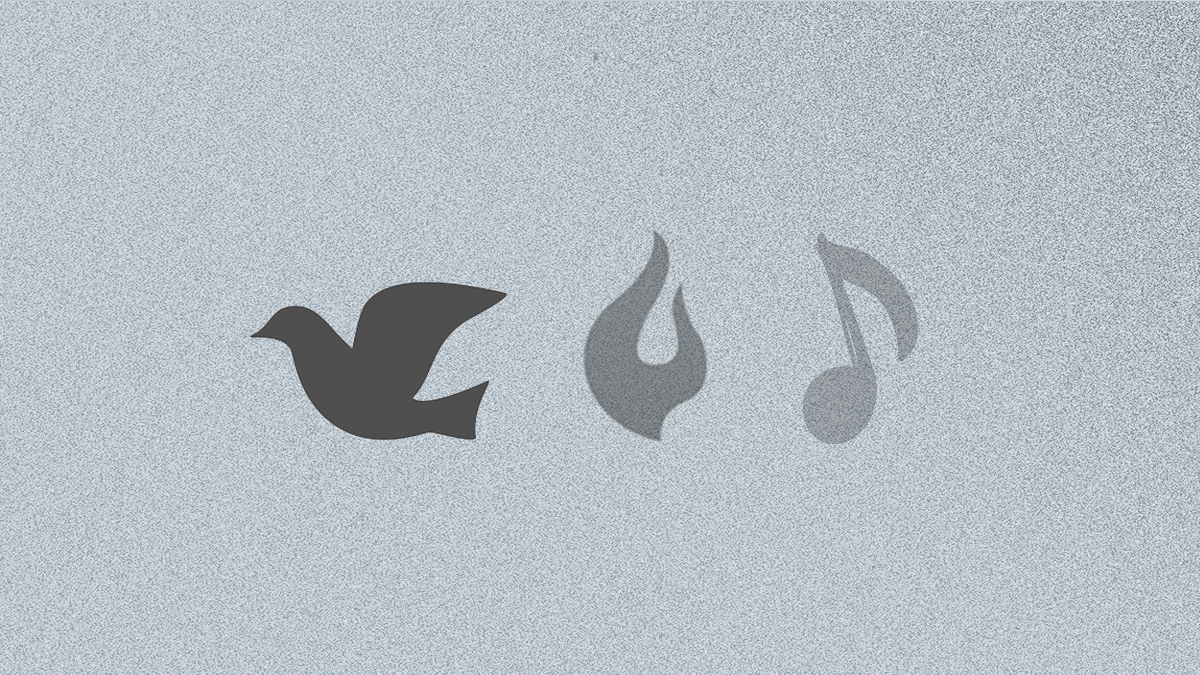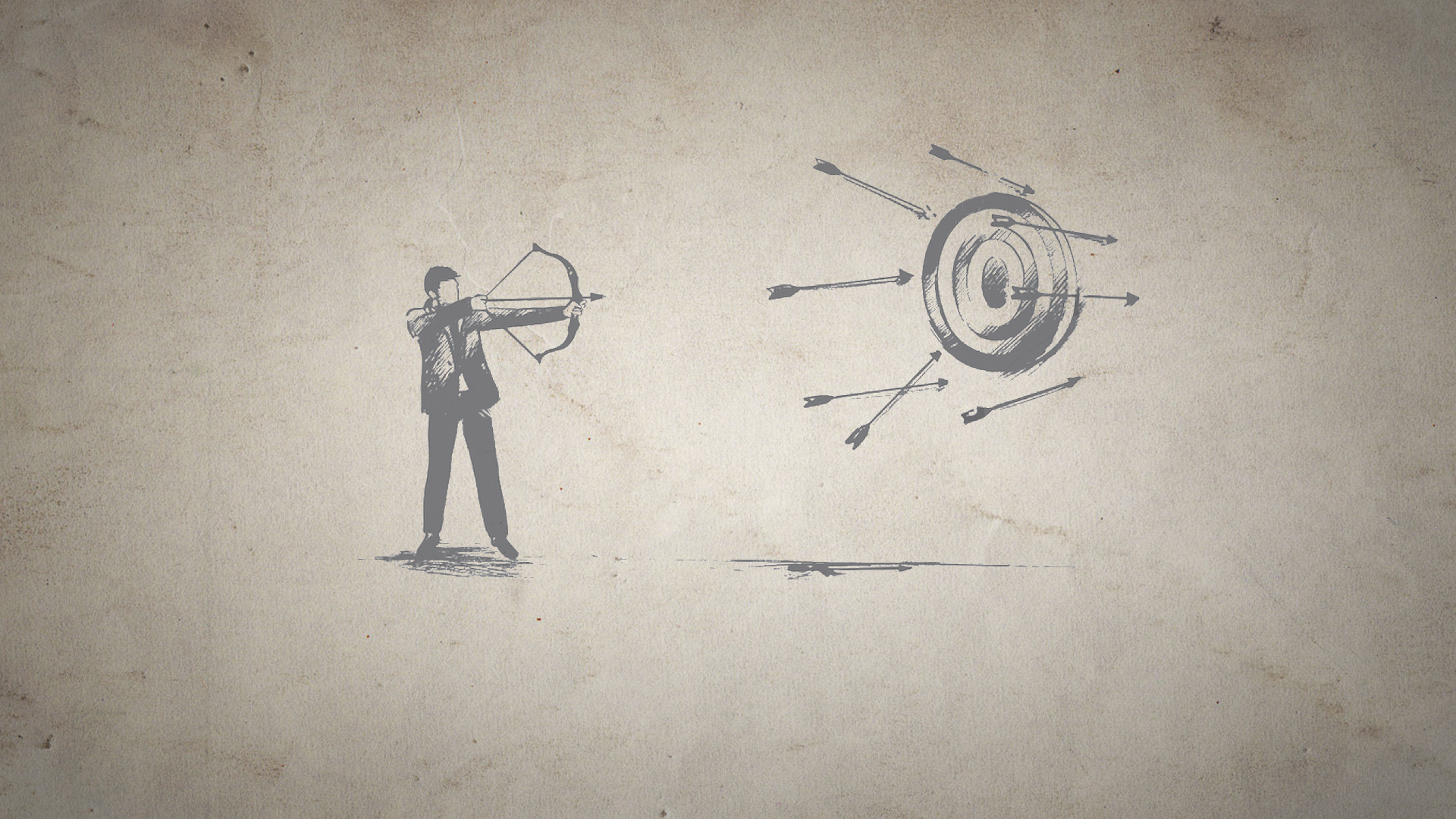
We often express high esteem for great pastors and missionaries who worked themselves to death because of their willingness to give up personal health and wellbeing for the work of the ministry, but rarely stop to consider how much more useful they could’ve been for the sake of the Kingdom if they had a recreational hobby. I’ve lost count of the number of pastors who have bragged to me that they haven’t taken a vacation or even a day off for many years.

Everyone packages knowledge. The preacher who finds an illustration and uses it repeatedly must surely find it to be the best wrapping for truth. The theologian who popularizes a pithy saying does so in order to package the essence of some biblical doctrine. The novelist who reintroduces a theme throughout his or her writing is convinced that it is the best wrapping with which to package a narrative. The innate urge in each of us to package knowledge simultaneously reveals our finitude and that we are seeking an all-encompassing idea.

Pentecost marks the end of the season of Easter as the promised Spirit is poured out on the Church. This is the seal of the New Covenant—the presence of the Lord descends on His people just as the pillar of fire descended on the tabernacle and the temple on the Holist of Holies. With the veil of the temple torn in two at the death of Christ, the access to God—the mercy seat and the symbols of the sacraments—is bestowed on the Church who is now collectively the temple of the Holy Spirit. Pentecost is effectively the birthday of the Church.

Every single day, Christians are confronted with a barrage of competing messages. One cannot drive down the nterstate without being assaulted with numerous billboard messages–-political, commercial and even sexual. Visual messaging is the manner in which society has chiefly chosen to communicate. Perhaps one of the greatest confrontations we face, is when the Word of God and Providence appear to collide--when circumstances appear to contradict God’s promise, or when what we see collides with what we believe.

We never forget our spectacular failures; but more often than not, the fear, regret, and embarrassment evaporate, leaving behind the residue of a humorous story. After we have healed, what remains is the callous of proven resilience. At least, that’s how we should work through our failures in light of God’s sovereignty and goodness.




















 © Alliance of Confessing Evangelicals
© Alliance of Confessing Evangelicals


